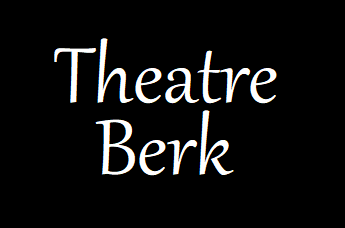DIRECTOR’S NOTE
Order and chaos. Civilization and nature. The modern and the ancient.
This production of A Midsummer Night’s Dream is all about the interplay and conflict between opposites. For example, pure order is oppressive and stagnant, while pure chaos is destructive to itself and everything around it. Any kind of progress or growth or creativity can only come from a delicate balance between them.
It’s a play about four young lovers so oppressed by archaic laws that they can only discover who they are and who they love by running to the untamed forest. A motley crew of amateur actors, all pathetically desperate to try and please everyone, learning to take a leap of faith in their own creativity. Two royal couples, one so afraid of potential consequences that they’re cowed to inaction; the other causing rampant havoc because they act without thinking.
I’ve spent over twenty years imagining my take on Midsummer, ever since my formative experience working backstage for a high school production. (To this day, I still take pride in talking about how I made the fairies fly back when I was still a teenager.) I’ve seen countless productions of Midsummer and I took something from every single one, adding up all those pieces to develop the Midsummer production I’ve envisioned through my entire adult life. More than anything else in the world of theatre, I wanted this to be my first attempt at directing.
I never went to drama school. I didn’t major in Theatre or English. Everything I know about producing and directing a show, I learned from Sarah Marie Andrews, Caitlin Mae Lushington, Shannon Walcott-Cluphf, Emilie Landmann, Heidi Davis, Megan Skye Hale, Matt Haynes, Ronni Lacroute (Everyone in Portland theatre has to thank Ronni Lacroute for something — it’s a running joke because it’s true.), and so many other local visionaries who led by impeccable example. I must also recognize my parents, the Drs. Anne and Bill Berk, who taught me everything worth knowing about how to lead with integrity.
Of course I’m nothing without my collaborators, all of whom admirably used my own lifelong vision as a foundation and built it up to the rafters with their own ideas and efforts. Many in the team brought the experience of seasoned Shakespeare veterans. Indeed, a few of these actors are reprising their roles for the second or third time. And we also had a handful of talents in the cast and crew who brought a fresh perspective, without ever having seen or read A Midsummer Night’s Dream before signing on to this project.
No matter how many times his works get staged, every production of a Shakespeare play is guaranteed to be somebody’s first. Every new take and adaptation is only a small part of a much larger conversation that’s been going on for the past 400 years. For my part, I’m proud and grateful to contribute some small part of that larger conversation. And whether this is your first time or your hundredth time seeing a Midsummer show, I hope you take something from this — at least enough to keep the conversation going.
—William Thomas Berk
